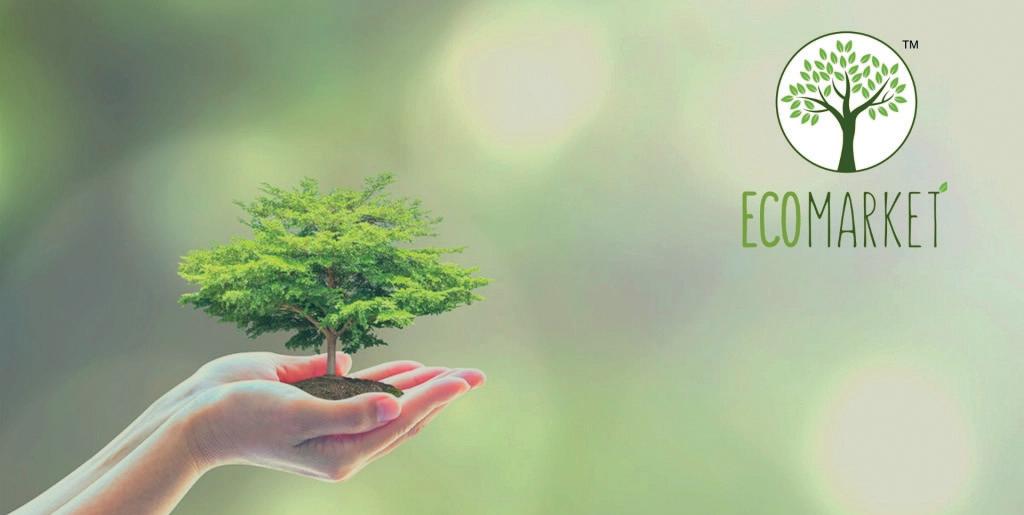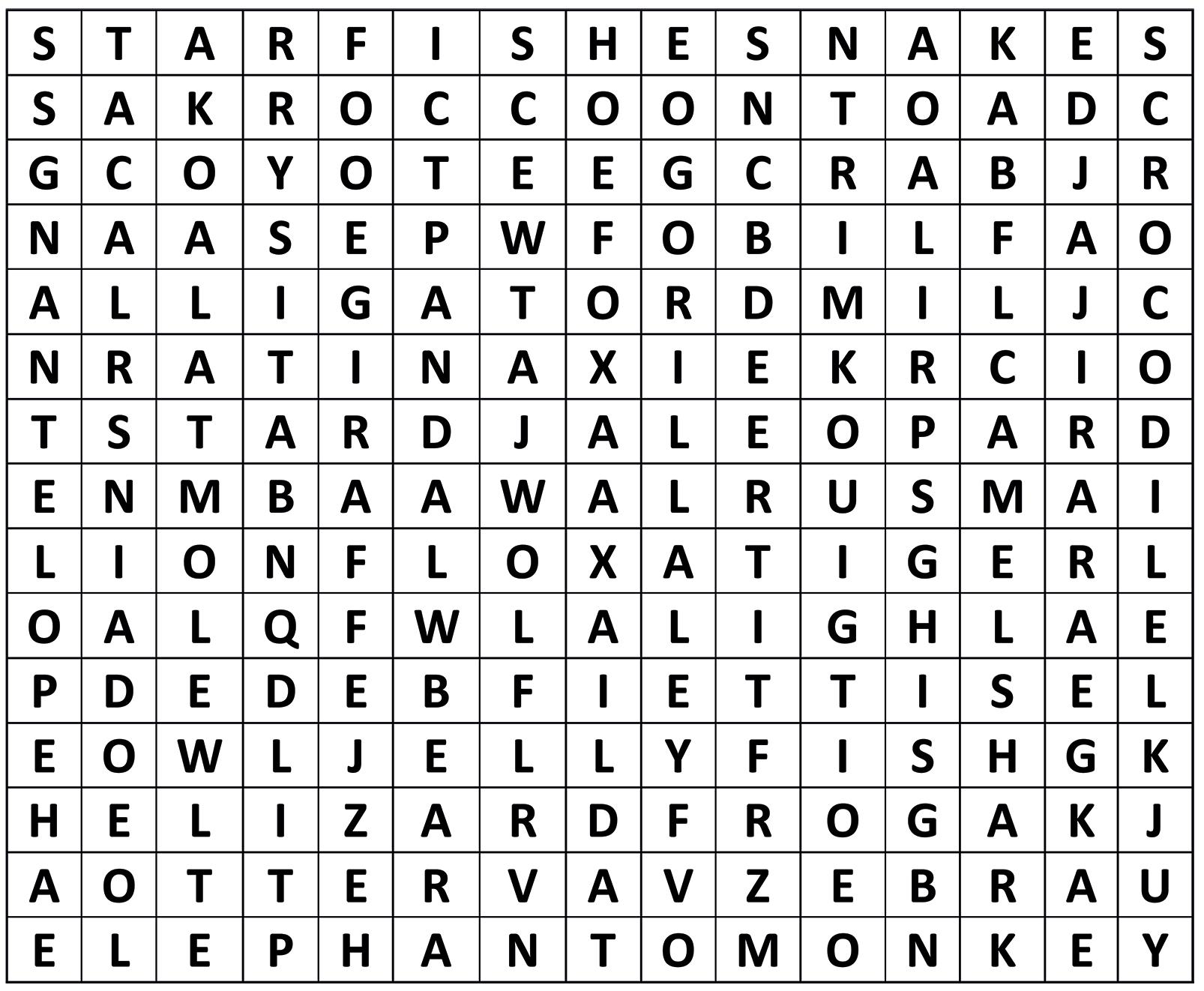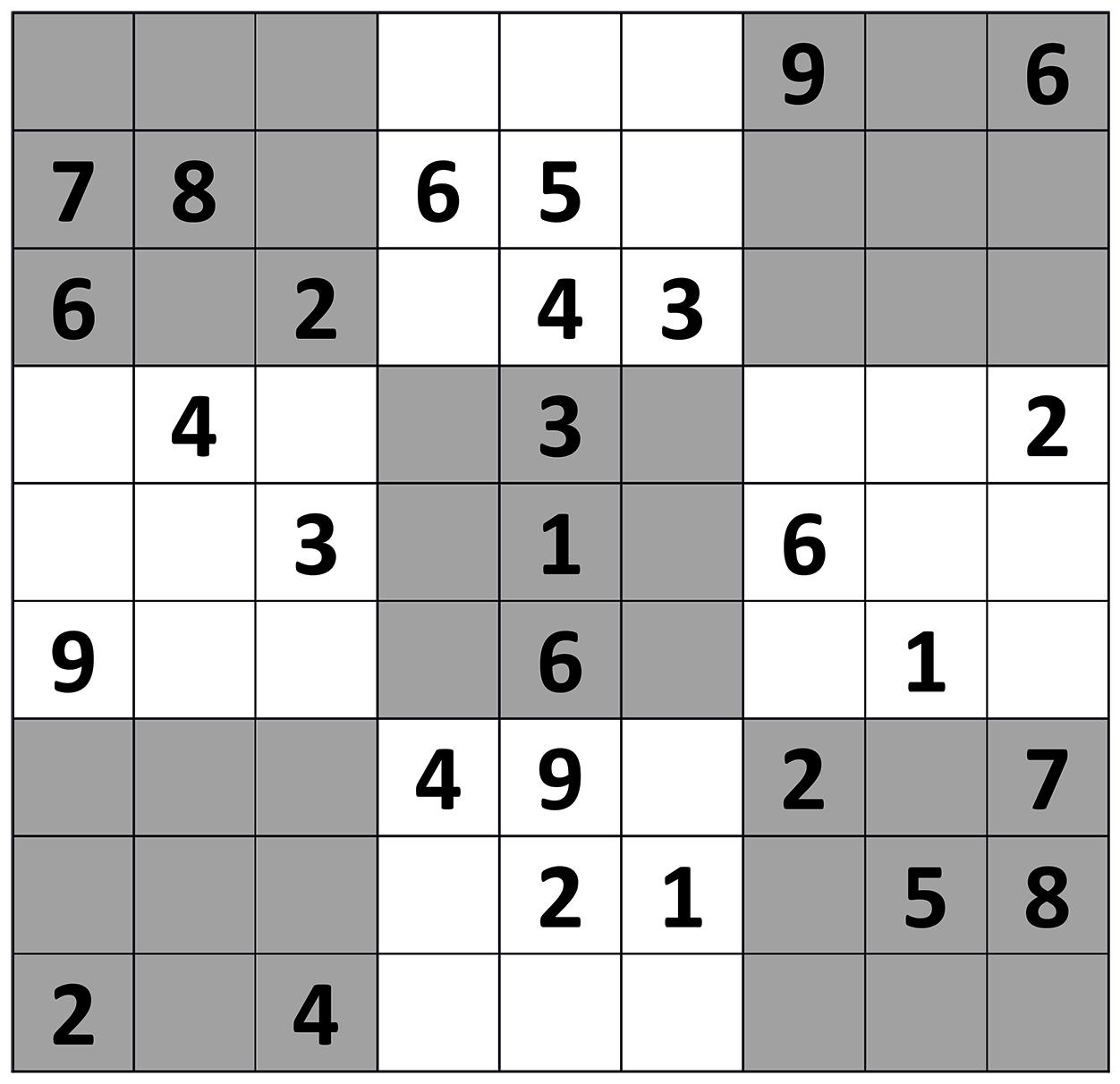
3 minute read
Zen D’Amato Gautam
Becoming a conscious consumer
In the world of consumerism, we vote with our money, but are we voting for companies who defend the environment, or are we voting for companies who destroy the environment? Many times we are buying (voting) from companies who do not match our ethics and values.
Becoming a conscious consumer means being careful what you buy. Asking yourself questions such as: Who made it? Where does it come from? What was used to make it? How did it arrive here? Asking ourselves these questions and acting according to our conscience makes us a conscious consumer.
Essentially, conscious consumerism focuses on making responsible decisions throughout the buying process with the intention of positively impacting society at large. The aim is to choose to purchase products that are good for people and planet. There are several factors involved in conscious consumerism and doing your own research can be time-consuming and often confusing. Labels such as ‘Eco-friendly’, ‘Fair-Trade’, ‘Crueltyfree’, and ‘Certified Organic’ make our choice easier. These labels ensure, for instance, that the chain of supply and the sourcing of raw materials are ethical and environmentally sustainable, that the workers are paid decently and work in humane working conditions, that there is no child labour or animal cruelty involved, and that no harmful chemicals and toxins were used. Here are some relatively simple factors to consider for purchasing responsibly and minimizing your environmental footprint: • Avoid single use plastic – take your own bag and container when shopping • Carry your own re-fillable water bottle • Walk, cycle or take the bus for short distances • Buy second-hand clothing • Reduce your meat consumption or better eliminate meat completely • Choose plant-based alternatives to dairy • Buy energy-efficient appliances • Grow your own food at home • Ideally always chose a locallyproduced product There is a rule, however, that comes before choosing to buy something. It is deciding if you really need it in the first place. Living sustainably is first and foremost living minimalistic. We are all the time surrounded with advertisement from TV, radio, newspapers, magazines, billboards, the internet; screaming to us on a daily basis that we need to buy something. As a result, we work hard long hours so that we can spend money on things that we do not really need, or in any case do not bring us the happiness that we are seeking; for we should know by now, that happiness cannot be bought at a store. Living with only essentials things provides the benefits of tidiness, ease of cleaning and clarity; giving us the chance to think about what really makes us happy. Zen D’Amato Gautam is the Founder of Eco Market Malta, a Social Enterprise aimed at promoting Environmental Sustainability through Conscious Consumerism. Eco Market Malta is a regular event held in different locations around Malta. For more information please visit www.ecomarketmalta.com. Subscribe to their newsletter and receive instantly the guide: 150 tips to lead a more sustainable lifestyle.
Word Search

ALLIGATOR, ANTELOPE, BAT, BEAR, CAMEL, COYOTE, CRAB, CROCODILE, DEER, ELEPHANT. ELK, FOX, FROG, GIRAFFE, GORILLA, JELLYFISH, KOALA, LEOPARD, LION, LIZARD, MOLE, MONKEY, OTTER, OWL, OX, PANDA, RAT, ROCCOON, SHARK, SNAKE, STARFISH, TIGER, TOAD, WALRUS, WOLF, ZEBRA.
Q: What happens to a frog’s car when it breaks down? A: It gets toad away. Q: What did the duck say when he bought lipstick? A: “Put it on my bill.” Q: Can a kangaroo jump higher than the Empire State
Building? A: Of course. The Empire State
Building can’t jump. Q: Why couldn’t the leopard play hide and seek? A: Because he was always spotted. Q: Why did the fish blush? A: Because it saw the ocean’s bottom. Q: Why do the French eat snails? A: They don’t like fast food.
Sudoku











